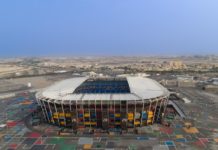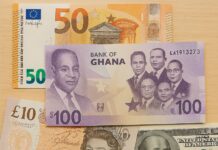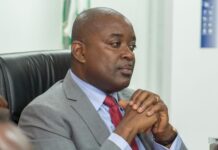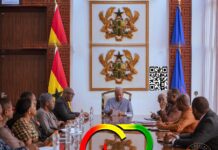
Burkina Faso’s trajectory from post-colonial independence through revolutionary turbulence to repeated coups captures the struggle between aspirations for democratic governance and responses to jihadist threats.
The current junta, led by Captain Ibrahim Traoré, justifies consolidatory measures—such as dissolving CENI—on grounds of cost, sovereignty, and security. However, this risks prolonging military rule and weakening democratic institutions further.
Map & Flag
Burkina Faso is a landlocked country in West Africa, bordered by six nations and covering 270,764 km²
The national flag, adopted on 4 August 1984 under revolutionary leader Thomas Sankara, features two horizontal bands—red symbolizing revolution and green signifying agricultural abundance—intersected by a yellow star, the guiding light of the revolution
Burkina Faso Capital & Government
Capital: Ouagadougou, centrally located in the nation.
Government: Currently ruled by a transitional military junta since the September 2022 coup led by Capt. Ibrahim Traoré. The official head of state and government is Capt. Traoré, with Prime Minister Rimtalba Jean Emmanuel Ouedraogo.
History & Coups Timeline
Colonial & Independence Era
Formerly Upper Volta, a French colony, gained independence in 1960.
Renamed Burkina Faso (“Land of Incorruptible People”) in 1984 under Sankara.
Revolutionary Period & Sankara
1983 coup brought Thomas Sankara to power, ushering in socialist reforms
1987 coup by Blaise Compaoré resulted in Sankara’s assassination and a three-decade rule
Transition to Civilian Rule & Instability
2014 uprising ousted Compaoré after his attempt to extend term limits .
2022 coups:
January: Lt‑Col. Paul‑Henri Damiba overthrew President Roch Kaboré citing failures against jihadist insurgency.
September: Capt. Ibrahim Traoré ousted Damiba due to continued Islamist violence
Recent Unrest
In September 2023, an internal coup attempt was foiled by Traoré’s government, showing ongoing tensions within the junta.
Current Military Government & Reforms
The Patriotic Movement for Safeguard and Restoration (MPSR) under Traoré governs via a transitional charter, originally promising civilian rule by July 2024—now delayed until 2029.
Traoré has positioned himself as a pan-African, anti-Western leader, invoking Sankara’s legacy, reducing French influence, and prioritizing self-reliance.
Latest News: Dissolution of the Electoral Commission
On 17 July 2025, the junta passed a law dissolving the Independent National Electoral Commission (CENI)—responsible for organizing elections—and shifted that responsibility to the Interior Ministry.
Why?
Cost-saving: CENI’s operations cost approximately $870,000 annually
Sovereignty & foreign influence
: Officials argued the move was to reclaim national control and limit external interference.
Intended Purpose
Simplify election management.
Ensure electoral processes remain internal affairs.
Impact & Influence
Democratic backsliding: Critics warn it consolidates junta power and delays return to civilian governance
Regional pattern: Reflects similar trends in West Africa, where militaries are leveraging public security fears to entrench rule




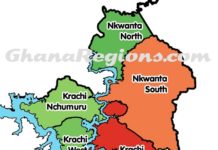
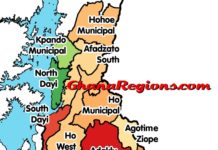
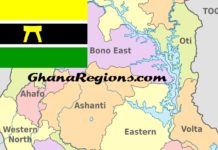




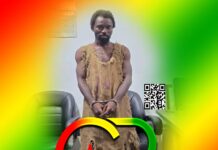







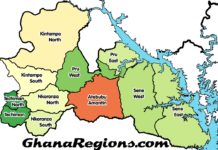




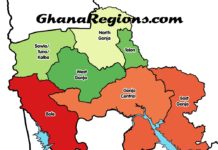

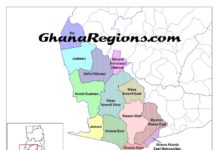
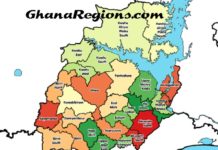







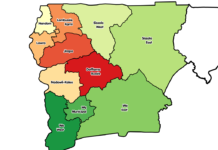
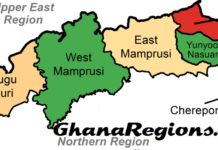
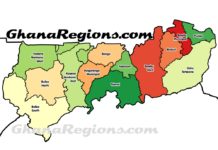
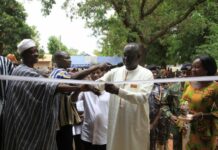










![Morocco knock out Spain on 3-0 penalties to reach FIFA World Cup 2022 quarter-final, Morocco vs Spain (0-0) (3-0) [Video]. Morocco knock out Spain on 3-0 penalties](https://ghanaregions.com/wp-content/uploads/2022/12/Watch-Morocco-vs-Spain-0-0-and-3-0-penalties-218x150.jpg)





